The Art of Making Choices
|
|||||||||
Patrick Lim | Jan 12, 2010
 Life is simply a sum total of the choices we have made. As Zig Ziglar said, “You are free to choose, but the choices you make today will determine what you will have, be and do in the tomorrow of your life.”
Life is simply a sum total of the choices we have made. As Zig Ziglar said, “You are free to choose, but the choices you make today will determine what you will have, be and do in the tomorrow of your life.”
That may seem a little daunting, when we do pause in our journey through life’s many twists and turns, to consider how we actually make choices. Choice of career, choice of spouse, choice of investment, the list goes on. Is it by instinct or “gut feeling” or do we actually analyse the important decisions we make in life? Or do we get so paralysed by fear of making the wrong decision, that we simply abdicate from any responsibility and just leave it to “fate”?
A case in point was a young man I was coaching recently. He has been working in a financial institution for several years now. Armed with a Bachelor of Science degree from NUS, he had several options when he first graduated. So how did he make his choice, I asked him. Was it what he really loved to do? I’m afraid not, as he did not have a clue what he would really like to do with the rest of his life! No, instead he looked at which job paid better, he also asked his parents and a few friends for their opinion, and of course, the answer came from their beliefs as to which job was more “stable”, had better prospect, and so on.
Certainly not a wise way to make decisions. Yet, who can take him to task for how he embarked on choosing what direction to take for his life then? Were any of us taught how to make choices in school?
Or are we taught to go the safe route, to live with compromise, as we would have plenty of that?
For those looking for a job or those at the crossroads as to what direction to take for the rest of your life, here are some thoughts on what not to do when making choices:
1.    Don’t attempt to weigh all options.
This is what I used to do – make a “pros and cons” list for each option and then set about analyzing what’s the best thing to do. All that happens at the end of the process is that we simply end up more confused than when we first started off!
2.    Don’t think of all the things you don’t want.
When thinking about what career to go into for example, don’t waste time thinking what you don’t want to be doing. Instead, focus on what you do want to do and what job is ideal for you. As the saying goes, what you focus on expands. Similarly, don’t focus on solving problems. If you keep focusing on your problems, and what you don’t want in life, that is exactly what would expand!
Instead use a creative approach – think about what you want in life and focus on how to create that for your self.
 I remember an incident when I was still young and struggling with my business. One day I was sitting in my office, shuffling all the bills and cracking my head which one should I pay first with my limited resources. Then, a friend – much older and wiser than me came in, asked what I was doing, and when I shared my dilemma with him, he opened my desk drawer, pushed all the bills in and said to me, “Now go out and make the money you need!”
I remember an incident when I was still young and struggling with my business. One day I was sitting in my office, shuffling all the bills and cracking my head which one should I pay first with my limited resources. Then, a friend – much older and wiser than me came in, asked what I was doing, and when I shared my dilemma with him, he opened my desk drawer, pushed all the bills in and said to me, “Now go out and make the money you need!”
There are three types of choices that can help take you forward – primary, secondary and fundamental choices.
Primary choices are choices you make with regard to major results e.g. “I choose to be financially free in five years’ time.” Meanwhile, secondary choices that can help you take a step toward your primary results. In the above example, a secondary choice to support the choice to be financially free may be to build a second source of income, or perhaps to set aside money for investment.
What about fundamental choices? This is something not many people are aware of, but it is indeed crucial if you want to be really successful in life. Whereas a primary choice concerns itself with specific results and a secondary choice supports those results, a fundamental choice has to do with a state of being, or basic life orientation.
A fundamental choice is the foundation upon which primary and secondary choices rest. It is not subject to changes in internal or external circumstances. An example could be the choice to be true to oneself.
The schools do not teach us how to make choices in life, but it is a skill that can be learnt and once mastered, can help us live a life of our dreams.
Patrick Lim is a Certified Professional Trainer, and Certified Professional Coach (IPMA UK) and COO of Institute of Business Coaches, specializing in coaching for business and life coaches.
Filed Under: Miscellaneous
|
|||||||||

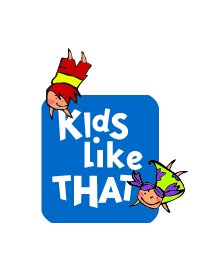






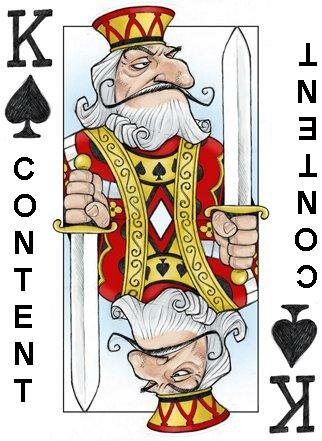

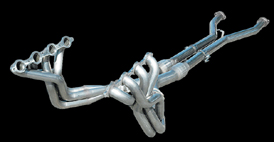



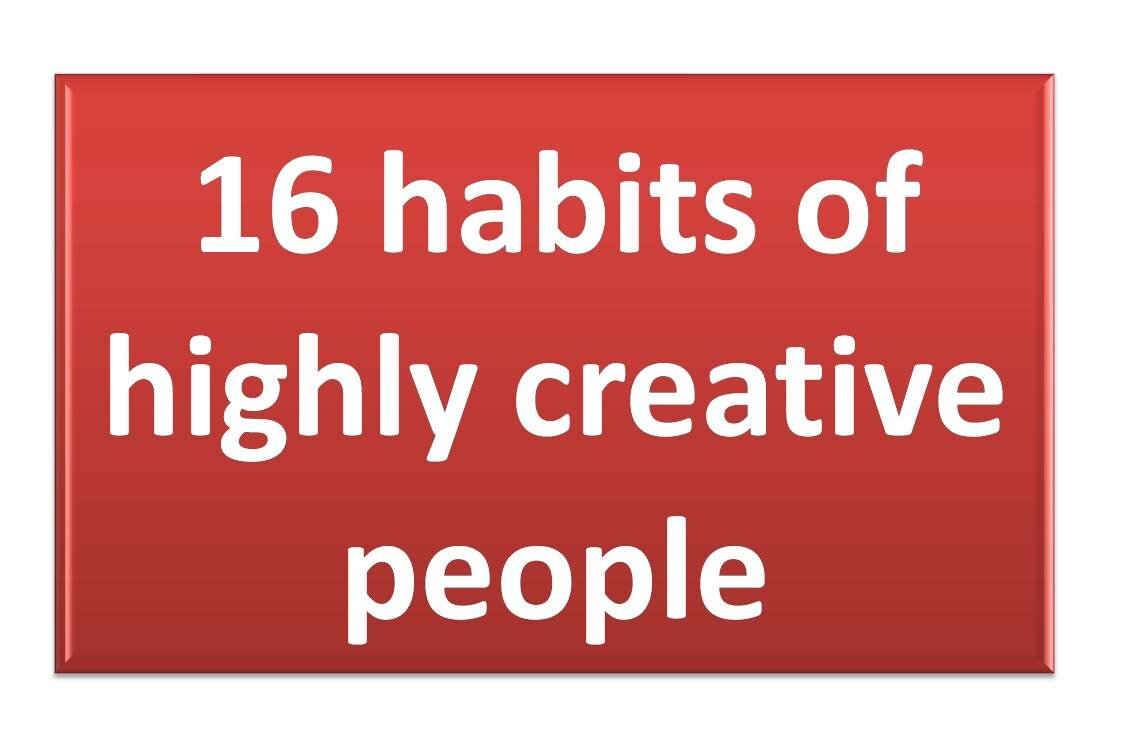
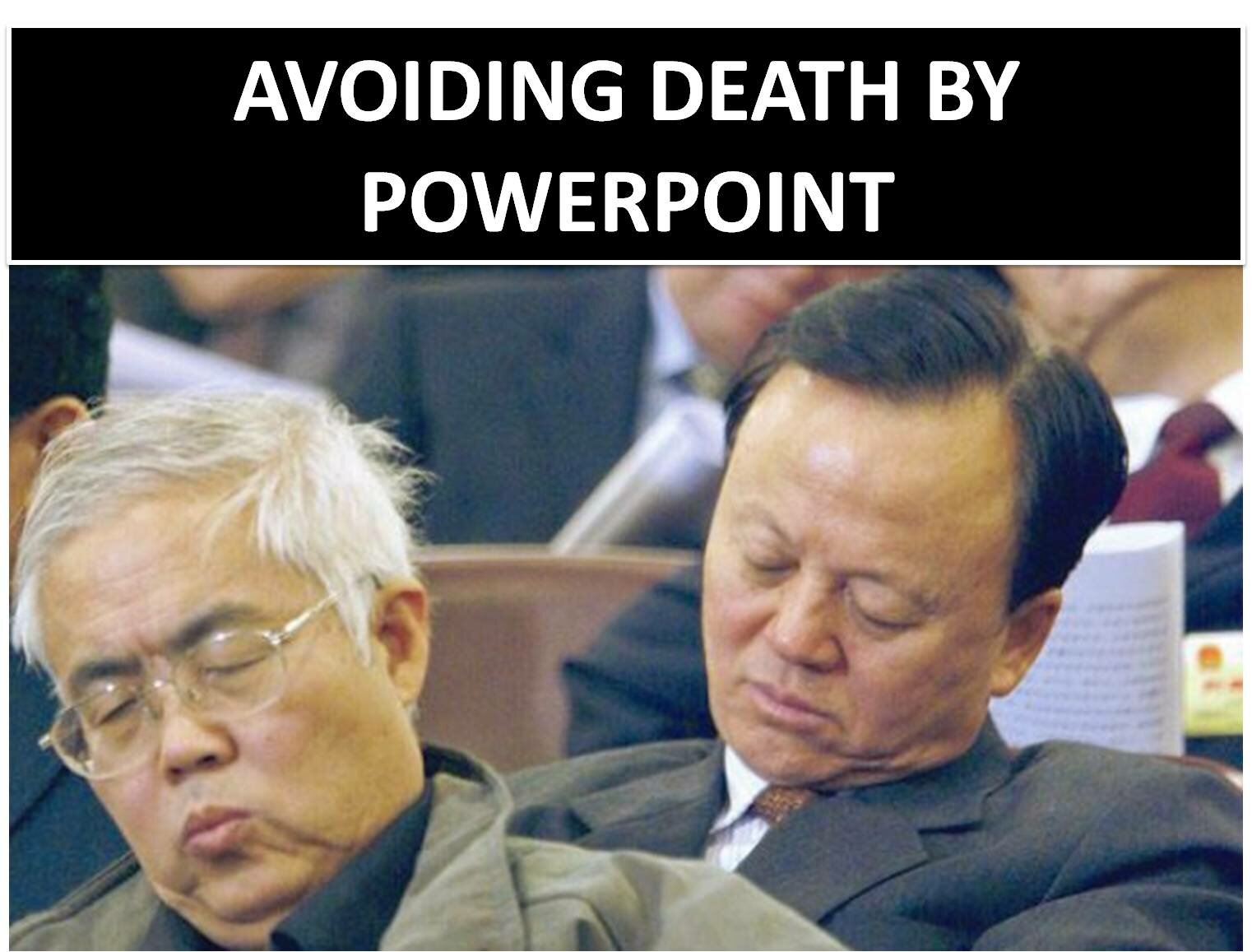



In other words,following one’s passion guides one in making choices